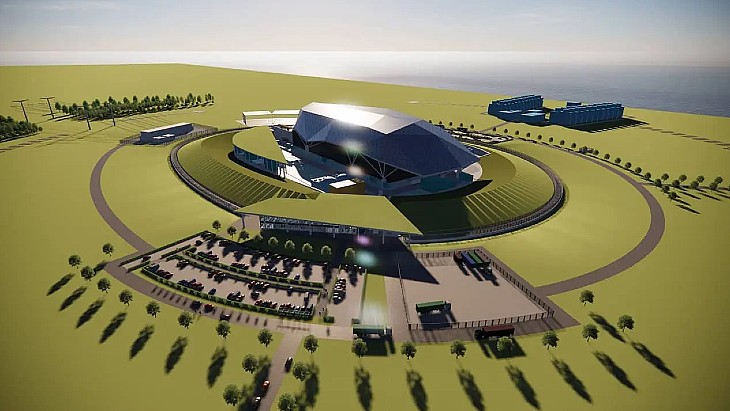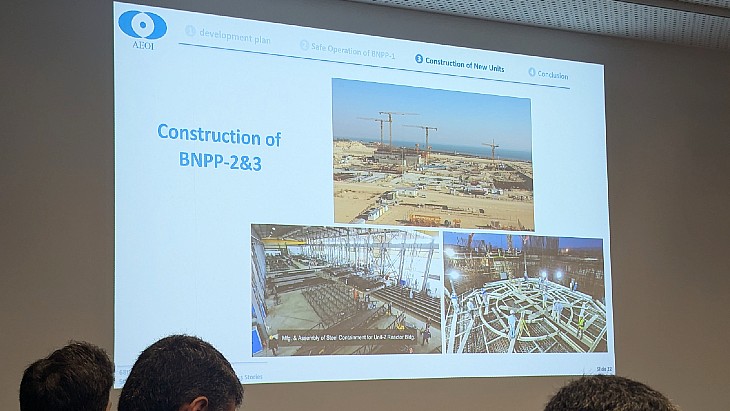Hongyanhe 5 achieves first criticality
.jpg)
The first pre-critical control point of Hongyanhe 5 was signed and released at 9.22 on 12 June, the National Nuclear Safety Administration, which oversaw the procedure, announced yesterday. The reactor achieved first criticality the following day.
Construction of Phase I (units 1-4) of the Hongyanhe plant, comprising four CPR-1000 pressurised water reactors, began in August 2009. Units 1 and 2 have been in commercial operation since June 2013 and May 2014, respectively, while unit 3 entered commercial operation in August 2015 and unit 4 in September 2016.
Phase II of the Hongyanhe plant - units 5 and 6 - comprises two 1080 MWe CGN-designed ACPR-1000 reactors. Construction of unit 5 began in March 2015 and that of unit 6 started in July the same year. Cold functional testing of unit 5 began on 10 October 2019, marking the start of its commissioning phase.
In late December 2019, CGN announced a change in the schedule for starting up units 5 and 6. It said the units were now expected to start operating in the second half of 2021 and the first half of 2022, which is, respectively, one year and six months later than previously scheduled.
The Hongyanhe plant is owned and operated by Liaoning Hongyanhe Nuclear Power Company, a joint venture between China General Nuclear (CGN) and State Power Investment Corporation, each holding a 45% stake, with the Dalian Municipal Construction Investment Company holding the remaining 10%.
The ACPR-1000 - a three-loop unit with double containment and core-catcher - was launched by CGN in November 2011. In 2012 central planners in Beijing directed China National Nuclear Corporation (CNNC) and CGN, to 'rationalise' their reactor programmes. This meant CNNC's ACP1000 and CGN's ACPR-1000 were 'merged' into one standardised design - the Hualong One (HPR1000). Yangjiang units 5 and 6 were the first ACPR-1000 units to enter commercial operation, in July 2018 and July 2019, respectively.
_92619.jpg)

_84504.jpg)







_88592.jpg)

